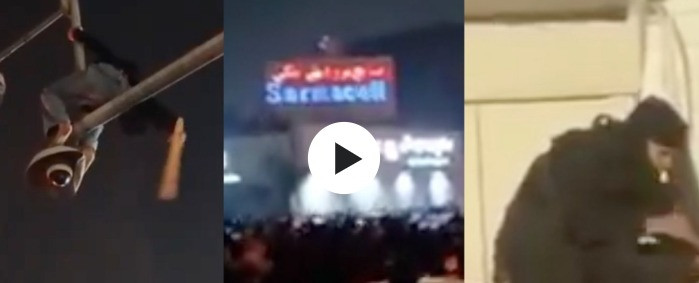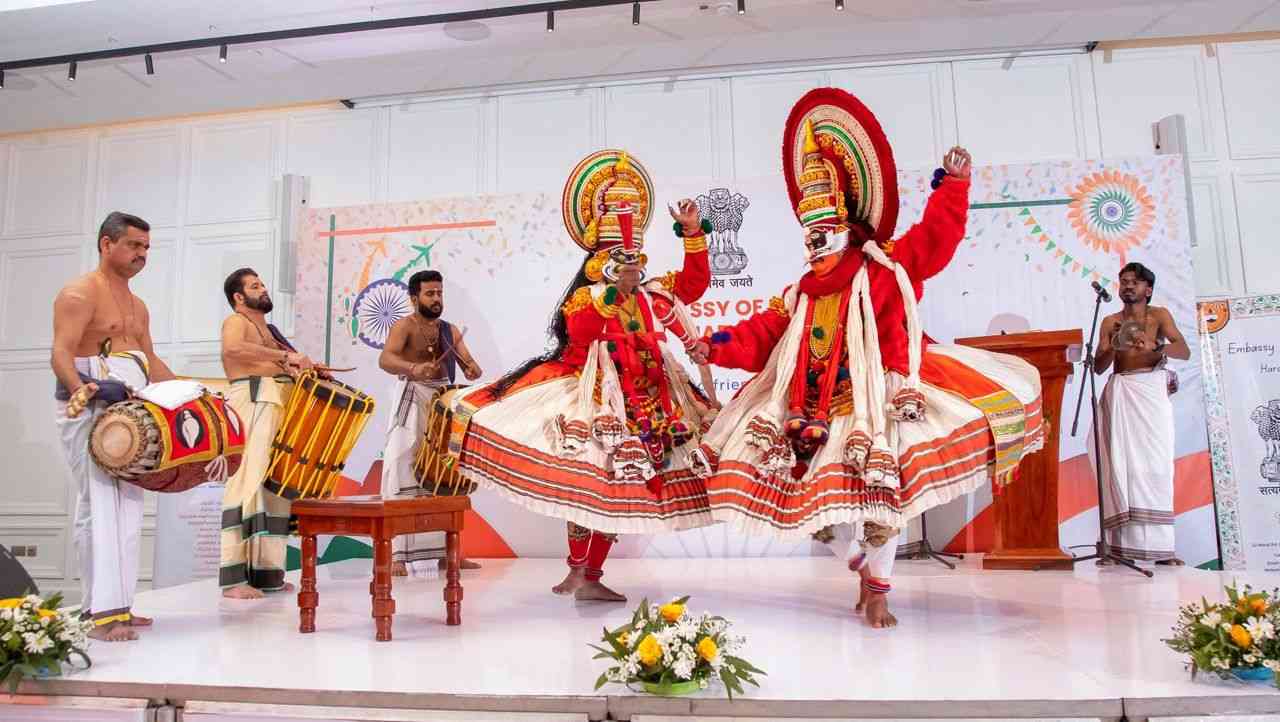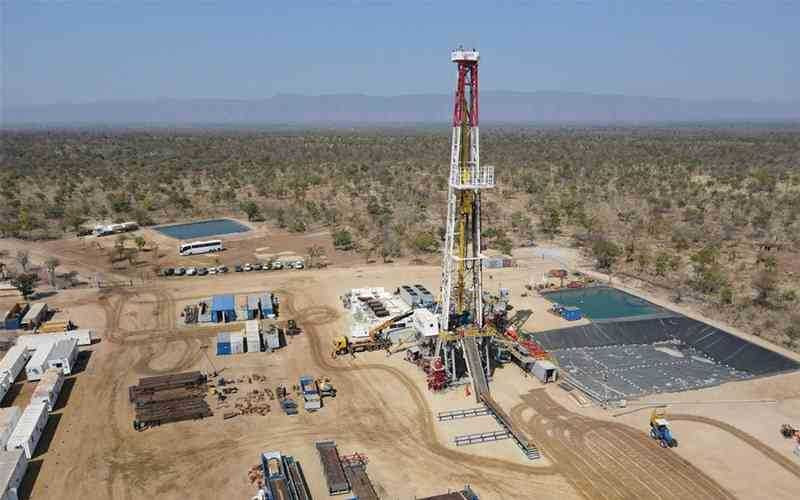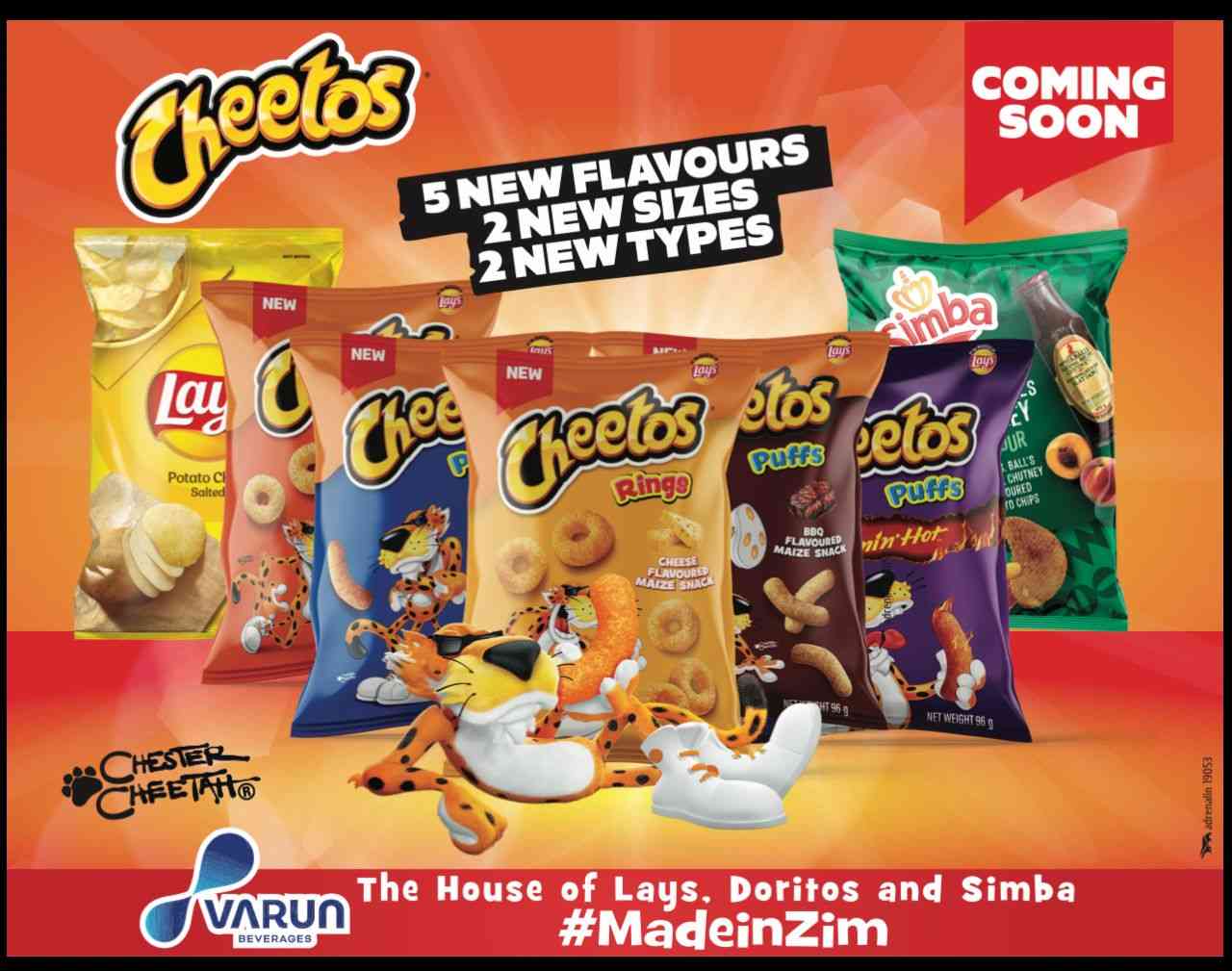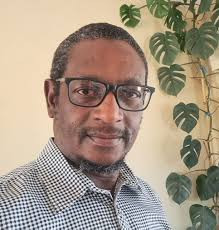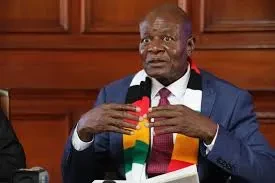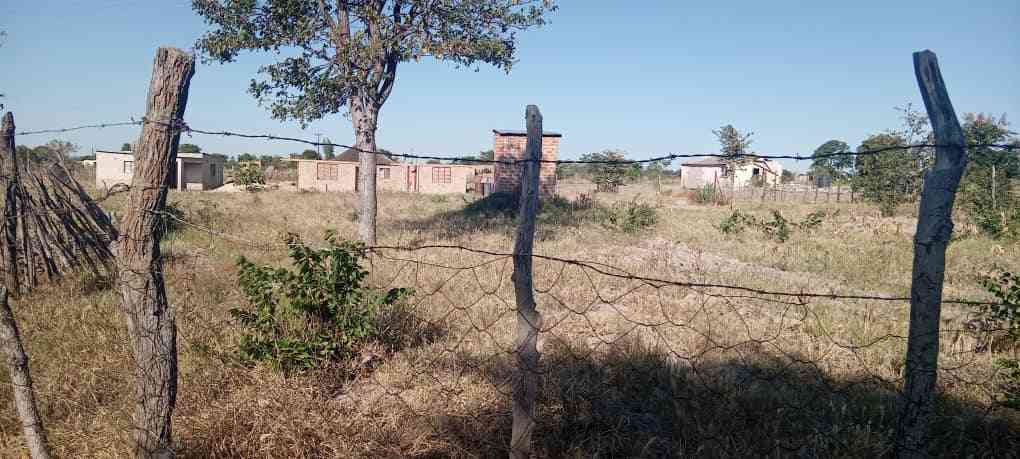
VUNGU, once a sprawl of 14 vibrant villages in the Midlands province’s Lower Gwelo, has melded into one modern housing development expanse. Thatched huts, once separated by communal fields, have merged and developed into yards separated by a patchwork of alleys and Mopani tree fences.
Some say it is a sign of rural development. But for Thabisani Nkala, the village’s beloved goat herder, Vungu has developed into a disaster. The open fields, once a lush buffet for his beloved herd, are now a maze of concrete and fenced areas awaiting construction.
Nkala, a man stamped with the fibrous wisdom of the veld, still owns a mile wide strip, where he still tends his goats: Beautiful creatures showcasing a display of browns, blacks and the occasional flash of white. For generations, his family has raised goats in the fields and the animals have become part of family identity.
With the shrinking fields, Nkala’s once carefree routine has become a daily scramble. He wakes up to the bleating of his goats, a familiar alarm clock; he leads them out of the pen one by one to the far side of a maize field. Leading them like dogs on leashes, their hooves clicking a rhythmic counterpoint on the hardened ground, his heart aches.
Gone are the mornings when he spent watching the goats graze contentedly, their bells a soothing melody amid chirping birds. Now, his mornings are a wild search for patches of green in his parents’ field.
The villagers, though sympathetic, are no strangers to the challenges of progress. Some offered solutions by suggesting that he should reduce his herd. Nkala, however, has insisted that the village heads must find a better solution. These goats are his family’s legacy, a source of income for his wife and children. He will not allow their numbers to decline. But he is losing hope.
“During our childhood days we would choose grazing areas for our goats, but now it’s like we are living under one big village from Mxotshwa to Mdubiwa,” Nkala told NewsDay.
“There are no grazing areas, it looks like everyone owns a stand now. I’m selling my goats at a pace which I never did before because there are no grazing areas and why should I keep them. We are as good as people living in urban areas,” he poured out his heart.
- 1989 hit song evokes Gukurahundi debate
- Lower Gweru villagers appeal for food aid
- Funding challenges hit Zim dam projects
- Lack of healthcare facilities disrupts HIV control efforts in Midlands
Keep Reading
“The painful part is that new people who are being allocated stands here are either gold panners or people from outside Lower Gwelo. Some are from Chipinge, Zaka and Masvingo through connection with their relatives this side. I think anyone who has enough to bribe the village heads can get a place to build and stay in Lower Gwelo.
“Village heads are the most corrupt people in our area. They can approach gold panners and strike land deals because they benefit from money. People who were allocated stands and went abroad 10 years ago without setting up a structure are now coming back to find their stands sold to these gold panners and anyone who can pay our village heads.
“Domestic animals like goats, donkeys and cows are now difficult to keep due to unavailability of grazing land,” Nkala narrated, pointing at some huts dotted across Gwenjani River.
According to Oxfam, a confederation of 22 independent organisations working in over 70 countries to end poverty, an increasing number of land deals are displacing farmers and leaving poor communities homeless. The confederation says up to 227m hectares (560m acres) have been sold or leased worldwide since 2001.
Chief Bunina Chisadza, born Jabulani Madubeko Moyo, acknowledged that Vungu district has turned into one big village. He said it is difficult to strike a balance between urbanisation and preserving peasant farming and cater for livestock by making sure they have adequate grazing land.
“I agree that in Lower Gwelo some areas which used to be grazing land have turned to be residential areas. This is because of the population increase and we end up having no option but to give residential stands to our children. However, this becomes difficult for people who have their goats, cows and donkeys and cannot find grazing areas. Now it’s like Lower Gwelo is only for residential stands. It has become very difficult to strike a balance between the growing population and preserving grazing land,” he added.
Zanu PF Vungu Member of Parliament Brown Ndlovu said the urban to rural migration was a major cause of massive residential stands allocation which has left livestock farmers stranded and searching for grazing land.
Vungu Rural District Council chief executive officer Alex Magura said there is high demand for land in rural areas which has contributed to the intrusion into grazing land.
“The development is a symptom of overcrowding which is a characteristic of many rural areas around Zimbabwe. The population is increasing and there is continuous demand for land which is a finite resource,” Magura explained.
“The demand for land has led to encroachment onto grazing land. Coupled with an increase in the livestock population, this has placed a lot of pressure on the land. In my view the long-term solution lies in the decongestion of the communal areas.
“This can happen through a general increase in employment opportunities in the national economy and a change in the view that all families should have a piece of land.”
Mugaru, however, advised farmers to adjust to modern ways of farming.
“There is also a need for a reorganisation of the rural economy to take into account the realities of the situation that there cannot be big pieces of land. Agriculture needs to be more intensive rather than extensive. Models of livestock farming need to change as well; the traditional model is fast dying out due to increasing pressure on the land,” he added.
According to the 2019 research done by The Zimbabwe National Statistics Agency (ZIMSTAT) together with the Ministry of Lands, Agriculture, Water, Climate and Rural Resettlement, there are approximately 9,655 Small Scale Commercial Farms in Zimbabwe with an average size of 148 hectares. Small Scale Commercial Farms occupy 4 percent of all land. The research indicates that an individual farmer was given a farm to undertake crop and livestock production.
Citizen Coalition for Change (CCC) Councillor in Ward 8 Venencia Magama yearned for the long-gone era of sprawling green pastures dotted with happy domestic animals. She said the arrival of new residents, while undeniably beneficial, has placed a tremendous strain on the rural landscape.
Magama remembered the days of vast, open fields from Mxotshwa down to Mdubiwa village. Now, those very fields are now occupied by houses, leaving smallholder herders with shrinking pastures for their livestock.
“What I know is that in the past grazing land was available especially along the Gweru River. It was a farming area of which each and every family had its own fields. Now people have ceased farming since the land is being allocated for residential purposes. I know the population has increased and the land can't be stretched. In ward 8, it is fast developing as the population grows fast,” she said, her voice dampened by worry.
For Nkala, the agriculture sector is pivotal for the income and livelihoods of rural populations in Zimbabwe particularly in areas where small-scale livestock farming has emerged as a viable source of sustenance and economic stability.

